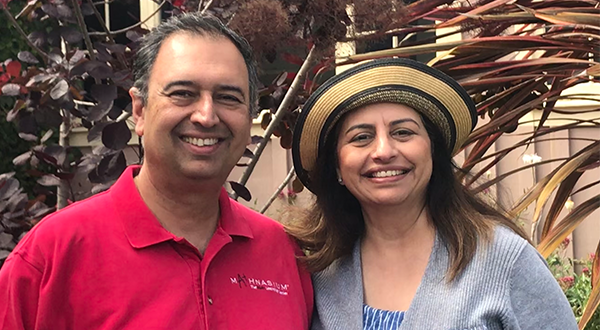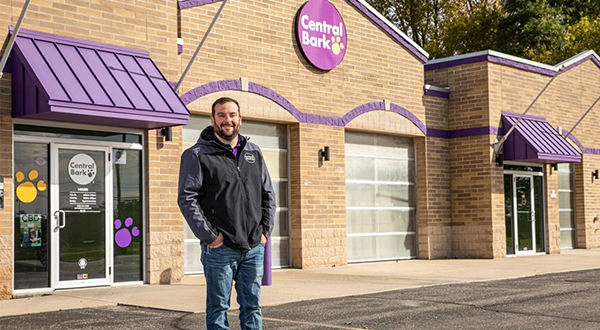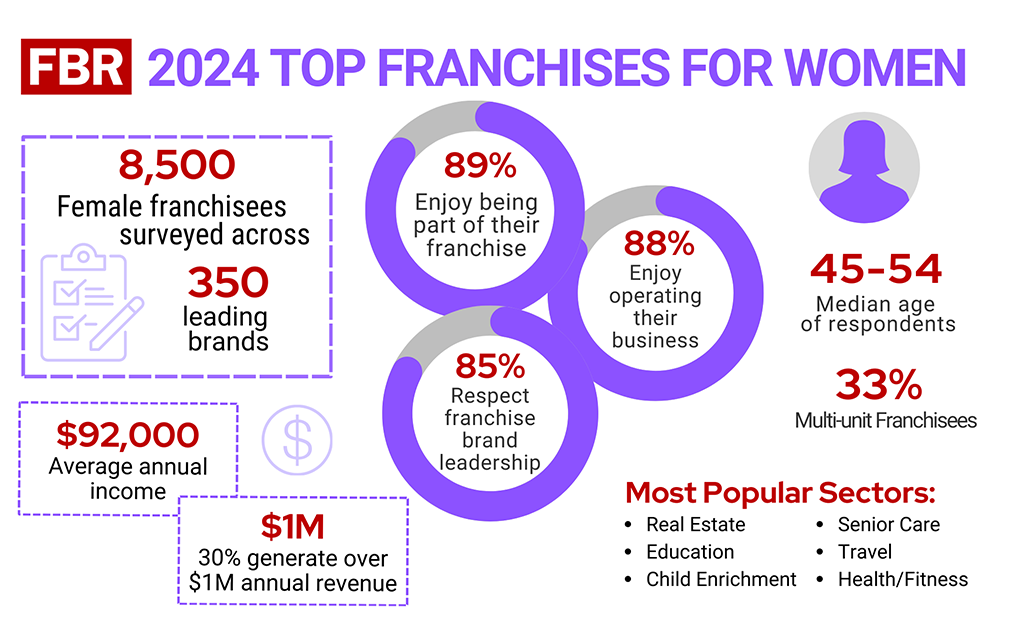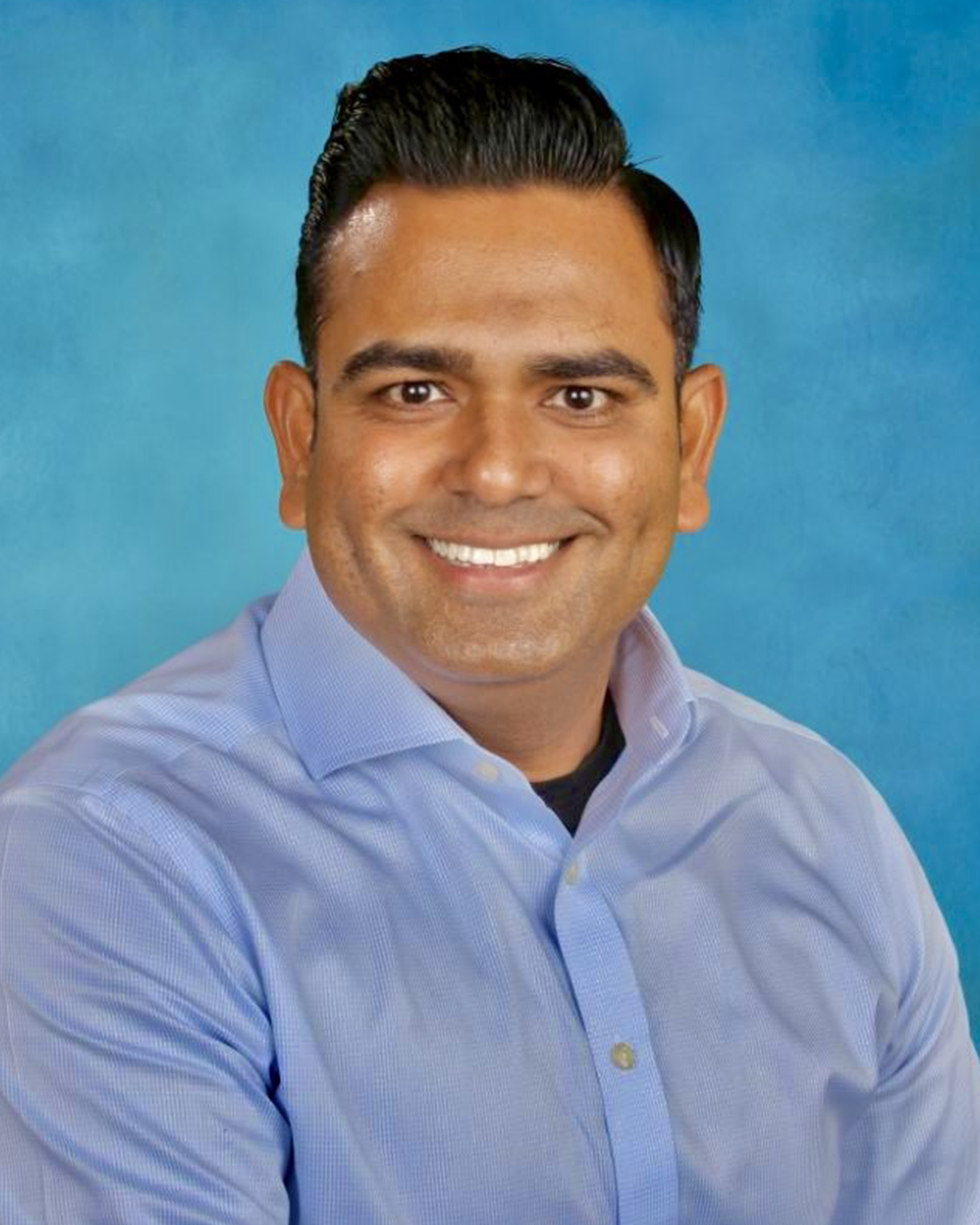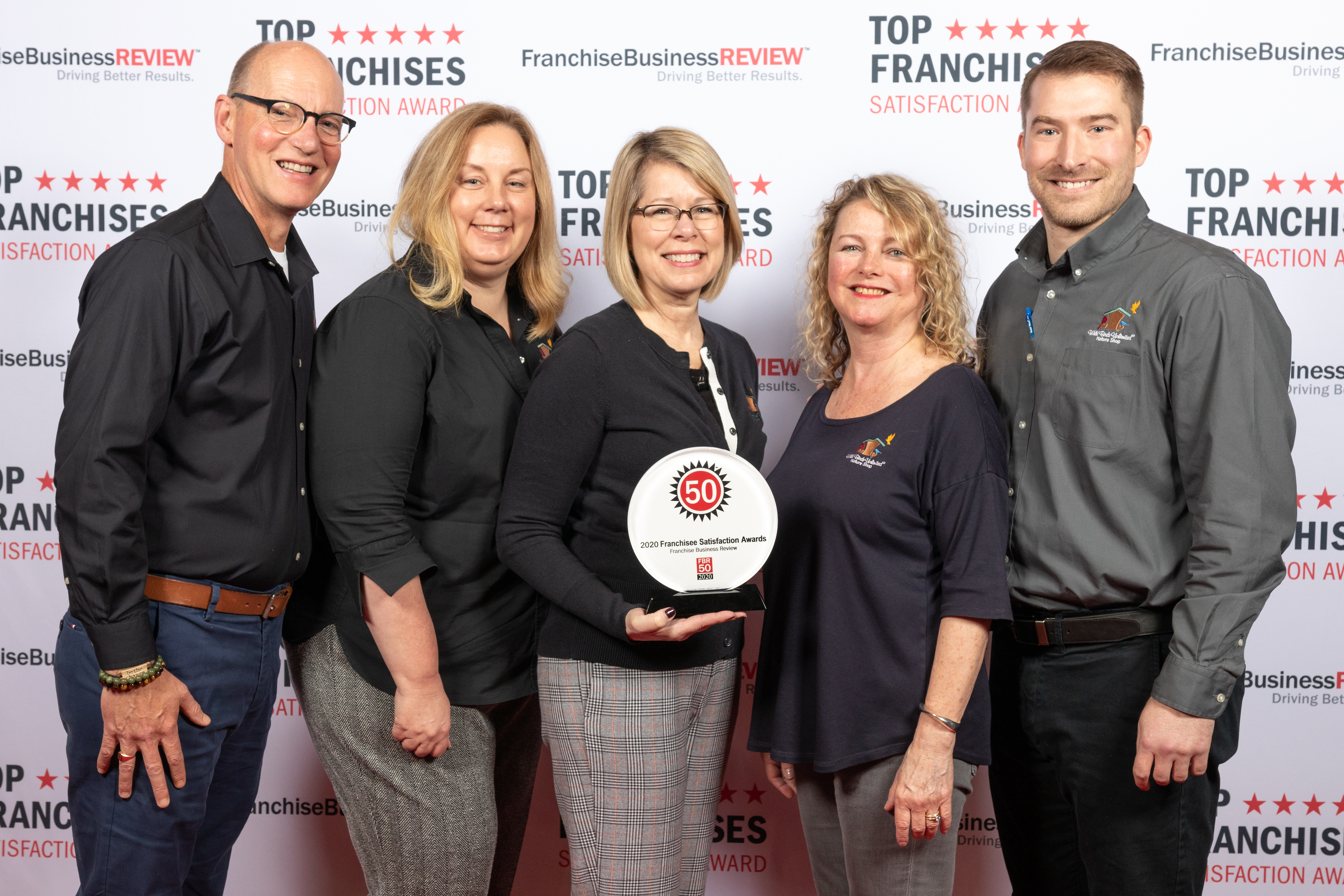
FBR CEO, Eric Stites chats with Wild Birds Unlimited COO, Paul Pickett and Franchise Owner, Denise Patten about the brand’s mission and how franchisees like Denise are first attracted to the concept and then supported by the leadership team.
Eric Stites: Good afternoon. This is Eric Stites with Franchise Business Review. And today I have two special guests with me. Denise Patten is a Wild Birds Unlimited franchisee in Spartanburg, South Carolina. Denise, welcome. And I also have with us Paul Pickett, who is the Chief Development Officer for Wild Birds Unlimited. Paul, welcome to you as well.
Denise, I think we’ll start with you. And a lot of people listening, they’re familiar with franchising, but they may not be familiar with Wild Birds Unlimited. Can you just give us a little bit of background on what Wild Birds is all about?
Denise Patten: At Wild Birds Unlimited, our goal is to bring people and nature together, and to do it with excellence. We do that in a retail store environment. We sell hopefully everything that a customer could need and want to bring the hobby of bird feeding and birdwatching right to their backyard. So we have customers come in and ask for recommendations, and we have a well-educated team that is happy to do that. If there’s questions about their yard, we have a program called Feeder Scaping, where we’ll go out and make recommendations, and look around and see what would best fulfill what they’re hoping to bring to their backyard in the hobby.
Eric Stites: I love talking about Wild Birds. I mean, so many people that we talk to that are looking about, thinking about getting into franchising, they never imagine that franchises like Wild Birds even exist. And I think most people think of Subway, and McDonald’s, and those types of retail food stores. But Wild Birds, and the bird industry, it’s an amazing, amazing thing. And I know that the bird industry, birder industry, is a huge market.
Denise Patten: It is. And I can tell you one of the best things that I find is that the customers that come into the store, they are passionate about their hobbies. And it’s fun to hear everyone come in and they refer to birds that come to their backyard as my birds. And to be able to be a part of bringing that joy to them really makes my day. So every day in and day out, I’m reminded of how happy that is.
Eric Stites: Yeah, that’s great. That’s great. So I’m from New England and obviously feeding the birds up here is something a lot of people do, especially in the winter time. You’re down in Spartanburg, South Carolina. Obviously the winter season is a little bit shorter, and the summer months are a lot hotter. How does that work in the birding industry?
Denise Patten: Well birds migrate from up north down here during the winter months. So for customers here in South Carolina, migration is a great time to see a greater variety of birds. And then we do have birds stay here year round, blue birds, our finches. There’s always birds in the area to feed. Customers are always happy with the first arrival of a hummingbird, and hummingbirds just bringing excitement throughout the summertime in South Carolina.
Paul Pickett: You might be surprised, but for our whole system, actually we sell more bird seed in the summer than we do in the winter. One of the wonderful things about the hobby of backyard bird feeding, and the joy that people get, is they get if they feed year round, they get to see the whole annual life cycle of migration, wintering, spring migration, nesting, feeding the babies. And right now is probably one of the busiest times from an activity standpoint at feeding stations because the birds that are nesting in any area, whether that be South Carolina, or Washington, or Maine, Minnesota, they’re all nesting. And so they’re bringing their young in, and they’re feeding their young at the feeders. And you can see some really interesting behaviors.
So that old adage of number one, the birds are never dependent on you, so you can start and stop feeding if you so desire. And that the birds need the food is also an old tale. That is not true, they don’t get all of their nutritional value from a bird feeder. It’s actually a small portion of what they consume. Insects is a huge portion for almost all of those birds that eat bird seed. But bringing their babies, and you get to see those cool behaviors, and watch that whole life cycle in the summer is … we sell more seed in the summer than we do in the winter.
Eric Stites: Yeah, that’s amazing. I wouldn’t have guessed that. And I’m glad you kind of dispelled that myth because I think there are a lot of people out there that are like, “I’m afraid to feed the birds because they’ll become reliant on me, and if I forget to feed them, then they’ll die.” And obviously that’s not true.
Paul Pickett: You’re correct. They’re too smart for that. It’s like if your local grocery store happened to go out of business, you’d find another one. And birds too will go find another resource for foods. And they’re more mobile than most other organisms, so it’s easier for them to do so.
Eric Stites: Right, right. So Denise, I know you bought an existing location a few years back, you didn’t start a brand new franchise from scratch. Can you tell us a little bit about how you discovered Wild Birds Unlimited to begin with, and what led you to kind of explore opportunities of going into franchising?
Denise Patten: Sure. I worked at a very stressful job for many years, and it had quite a bit of travel related to it, and I was just worn out. So I started looking into franchising, and I had a family member that was interested in doing that with me at the time. And so we began looking around and she had been a Wild Birds Unlimited customer in the area. And as I explored the Wild Birds Unlimited, their whole philosophy, their goals, their mission statement, it really became something that I became very interested in.
And so in October of 2015, I jumped in full force and I resigned from my job, and my career, and started pursuing purchasing a franchise from Wild Birds Unlimited with my family members. As some of you may know, the best laid plans don’t always go as we hoped. And unfortunately, my family member that was going to be partners, it became clear through … as we were beginning to make the final decision about where to put a store, that it was not going to work because we had different ideas and thoughts on how to operate a business.
So I had to stop and regroup. I had to do some reflection and it took a little bit of time, but after that experience, and talking with my husband, I really wanted to stay and start things over, and stay with Wild Birds Unlimited. I needed to do it differently, as I would be the only one working in the business now, if my husband was going to say continue with his career. So we decided to forge ahead, and it’s the best decision I made.
I’m happy to say in April of 2016 we purchased a store that had been in business for about 25 years. The owner that we purchased the store from was not focused on bringing people and nature together. The merchandising tended to be more of a gift shop. So we started with a little challenge, and we had to transition the store to a nature shop where we are able to bring people and nature together.
I can tell everyone that it’s hard work, so don’t think it’s not, but it’s fun, rewarding work at the same time. I wouldn’t, three years later, change one thing, except maybe not taking so long to go ahead and jump in and make the decision. We’ve just loved every minute of it. I don’t feel like I’m coming to work everyday when I come to the store.
Eric Stites: Wow, that’s a great story. And I think there’s a couple of big nuggets there that people can learn from. I mean, certainly the experience where you had a family member that you were looking at this with, and then decided to forge ahead on your own. And I think that’s obviously a very smart thing. Obviously a lot of people go into business with partners, spouses, other business partners, and sometimes that works great, other times it can be a nightmare. And good for you for identifying that up front and overcoming that. And I also applaud you for talking about how hard it is. I think people coming to franchising have this illusion a little bit that franchising is so easy. I want to own my own business, but I don’t want to work hard, so I think I’ll buy a franchise instead. And certainly that’s not true.
Denise Patten: No.
Eric Stites: Any small business is a lot of hard work. Franchising obviously has the benefit of not being in business by yourself. You’ve got a corporation behind you, and lots of training and support, and a big network of other franchisees to support you. But it’s still a lot of work. Luckily, it sounds like you came from a very stressful job, so obviously not nearly as stressful. And I think that’s a lot of people that go into franchising go for that same reason. Like they’re just done in the corporate world. They don’t want to travel anymore, or they don’t want to be under that type of stress, and they want to control their future a little bit.
Paul, You have hundreds of franchise locations across the country, so you’ve obviously talked to thousands of potential franchisee candidates over the years. And I know you’ve been doing this for a long, long time. How do you make that analysis when you’re talking to franchisee candidates, whether they’re going to be the right fit for one, for franchising, and two, for your brand. I know that’s a challenging thing to do, what’s your secret sauce?
Paul Pickett: I don’t think the secret sauce is all that secret. It’s just about, well you say talking to thousands of candidates I think a more appropriate word for the way I’ve always done it is follow the leader. Follow those people who have gone before me who’ve done a great job, who have listened to thousands of candidates. And you spend more time asking questions and focusing on the answers rather than that gap in the conversation so that you can talk again.
What you’re doing is letting your candidates express what their true feelings are and then asking appropriate, quality follow-up questions to see, I think Denise said it perfectly, the goals, the mission, the value system is the important thing. And then really putting a big focus on the long-term, not the short-term. Two wonderful people had come to the table, but it was … short-term it would have been easy to say, “Let’s just go with this and hope that it plays out.”
And it doesn’t matter whether it’s a family member, or a spouse, or whatever, when you have two people that are coming to the table, you want to make sure that they’re both on the same page. And if you can hear some of those answers that maybe are different, and then point them out, hopefully it was helpful in our assistance. And Denise is incredibly self-aware and self-confident.
And when she said, “Hey, this is not going to be the right match for my long-term.” What I said is, I knew that I would do whatever I could to bring Denise into our system. I knew what an amazing asset she would be to our team. And then you just sort of wait and let it happen organically, with good communication. But it’s just listening to the answers to the questions and giving people the space to make a really good business decision.
Eric Stites: One of the things that I tell candidates all the time is to really talk to a lot of different franchisees and find out what it is that they do on a daily basis. What is it that makes them successful? Because it’s often very different. I think people get excited by the product or the service that a business offers, and they don’t necessarily look at what it is that successful business owners are doing to be successful. And so Paul, if you can just talk a little bit about in Wild Birds, what are those kind of common traits that your franchise owners have that really make them stand out and be successful?
Paul Pickett: Yeah, they’re passionate about bringing joy to others. And I mean honestly, at the end of the day, do we sell bird seed for a living? Yes, we do sell bird seed for a living. But bird seed is really just the mechanism to sell joy. And that’s what we’re doing. People come to us because they want to reprieve from the crazy world around them. They want to feel like they’re doing something good. They want to enjoy the earth. And the birds, they’re passionate about that. And just a place that’s relaxing that creates more than just a retail store.
Paul Pickett: Our stores are really an experience. It’s kind of like a club, you know? It’s a hobby, which is … It’s a great place to be because our customers come into our individual stores, not because they have to, but because they want to. And so finding people who want to share that joy and passion, but who also understand that the only way that that’s sustainable is if they operate a really strong business. So there as focused on the business expectations as they are on the product expectations, and the soft and the hard side of the business.
So you’ve really, it’s a unique combination of characteristics that make great franchisees, because they have to focus on both at the same time. The love of joy, and the love of the spreadsheet, and the balancing, doing their projections, and managing through the marketing, and taking advantage of the tools that we provide. But being willing to put in the hard work. I mean this is again not unique to Wild Birds Unlimited, but with like any franchise, sure we own the brand and we have all the best practices, but the Denise’s of our system are doing the heavy lifting. They’re actually doing it, and they’re doing the hard work.
It’s why you mentioned telling people that they need to talk to a lot of other members to get a full picture, first step in our development process after somebody fills out the request for more information. We put them on the validation stage, and I know a lot of other brands put that at the end of their process. We put it right up front. And we’re very fortunate, as you know, we rank very high in the annual Franchise Business Review’s, franchisee satisfaction ratings.
But we make our franchise candidates go over our annual report from FBR, from Franchise Business Review before we’ll even disclose to them, disclose an FDD to them. And we make them speak to a minimum of 10, and visit five stores, depending on the geography of course, before we’ll order a franchise. We want them to feel like they know the real story.
Eric Stites: Right!
Paul Pickett: And that’s worked out well for us.
Eric Stites: I mean I talk about that all the time too, is that … and you stole my thunder a little bit because I was going to talk about how Wild Birds has such high franchisee satisfaction. But the thing that I tell people looking to get into franchising is to go visit franchisees, call franchisees, if you can even try to go to an annual convention of a franchisor if they’ll let you, or just go to a local meeting of franchisees.
Because every franchise is a little bit different, and their culture is a little bit different and you get that feel, and you really want to make sure, similar to Denise and your business partner choice, you want to make sure that it’s a good fit all the way around. Denise, one question I … well actually now I have two questions, because Paul brought up the love of the spreadsheet. So on a scale of one to 10, I want to know how strong is your love of spreadsheets?
Denise Patten: I’m at a 10.
Paul Pickett: Yes! Thank you.
Eric Stites: Okay. that’s good to know. Because it’s important obviously to have that financial perspective in business. It’s not just about the product and the service-
Denise Patten: Right, it’s the only way to keep.
Eric Stites: Yeah, exactly. So for people that are looking to go into franchising, whether it be Wild Birds, or some other franchise opportunity, Denise, I mean I know you mentioned you wish you had done it sooner than later. I mean what other advice would you have for a candidate thinking about, someone that might be unhappy in their current career or just looking to do something different? What advice would you have for them?
Denise Patten: Well I think they need to do some soul searching as to what do they see the next chapter in their life? I often talk about my previous life, because I do feel like I have started a whole new chapter and adventure. I can tell you I am loving every minute of it. …to join a franchise just because you think it’s going to be easy, and it will kind of run itself. That’s not the case. You must be active in your business, because this truly is your business.
Denise Patten: You are part of a franchise, but every owner is responsible for their store. Making sure that it’s following recommendations and making sure that we’re keeping up with brand standards. And you have to be willing to do that and do the work for that. You have to be willing to go out in your community and do some community projects. I mean we’re passionate about that. You’ve got to be, I think to be a successful Wild Birds Unlimited, you’ve got to love to talk and educate about the hobby of bird feeding and bringing birds to the backyard, and nature.
Denise Patten: So those are all important characteristics for Wild Birds Unlimited from my side of the view as an owner. I would do it all over again, and boy I would do it this time without any fear and hesitation, as you always are when you start. So much so that my husband and I are thinking about looking at a second location here shortly. So we’re excited about that also.
Eric Stites: That’s awesome. That’s awesome. Well, I want to thank both of you for your time today. And Denise, I wish you the best of luck with your current business, and hopefully store number two. I know that’s exciting. Paul, I know in addition to our own website, at francisebusinessreview.com, where people can learn a lot more about Wild Birds Unlimited. I know you have your own website, would you like to tell people where they can go to learn more about opportunities with you?
Paul Pickett: Yeah, absolutely. If you go WBUfranchise.com, you can get a lot of information in-depth information about the brand, our history, and how to gather more information. And of course, there’s a link from our consumer site, which is WBU.com, to find out more about our individual stores. But you can very easily link over to the franchise site from that consumer site also.
Eric Stites: Great. Well I appreciate that again, and I am going to run now and go buy some local bird seed at my local Wild Birds Unlimited, now that I know it’s safe and expected to feed birds throughout the summer as well.
Paul Pickett: Yeah, absolutely. Get those feeders back out, and be sure to put water out, because that’s a great way to attract them too.
Eric Stites: Great! Denise and Paul, thank you so much for speaking with me today. I know we will be talking again soon!
